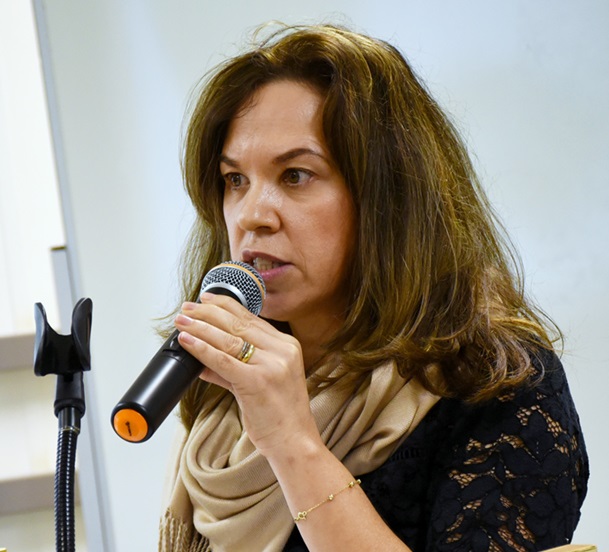AGROBIODIVERSITY IN PARTICIPATORY GUARANTEE SYSTEMS (PGS)
Resumo
Agricultural practices directly affect biodiversity, in such a way that the search for more sustainable practices that combine production and environmental conservation is necessary. When compared with the conventional agriculture model, organic agriculture is proven to be more beneficial to biodiversity conservation; however, social processes of knowledge exchange, cooperation, solidarity, and collective responsibility related to organic agriculture can influence the agrobiodiversity present in organic production systems. This study aimed to investigate whether the agricultural production carried out by producers who participate in the Participatory Guarantee Systems (PGS) is agrobiodiverse. To do so, the average of the diversity of organic items produced by producers participating in PGS was compared with that of third-party certified producers, both from the state of São Paulo, Brazil. A documentary research was developed, analyzing the National Register of Organic Producers in Brazil. The average of the productive diversity of PGS was 58.8 items per producer, whereas the average per producer in the third-party was 22.2 items. Approximately 25% of organic producers in the state of São Paulo certified by third-party had only one productive item registered. The plant species richness found among the PGS producers was 292 species, of which 12% were native and 12% were plants used for medicinal purposes. The evidenced results contribute to discussions on agrobiodiversity, presenting PGS as a system that has an important role in promoting agrobiodiversity in organic agriculture.
Membros





